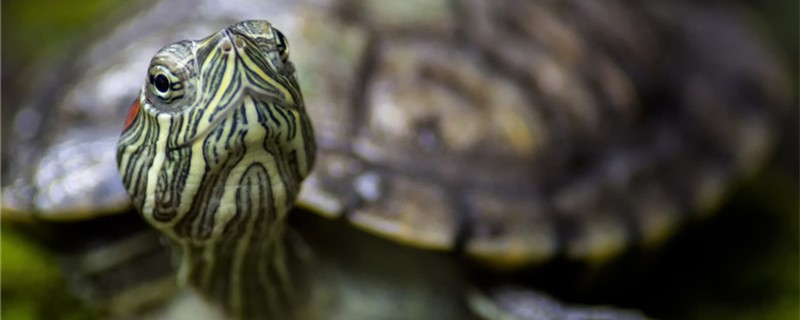
Before breeding the Brazilian red-eared turtle, it is best to first understand their habits and characteristics. Brazilian red-eared turtle is a kind of terrapin, which shows that water culture is needed when breeding, and dry culture is not allowed. However, terrapins are also divided into many species, such as shallow and deep terrapins, and their habits and characteristics are different. Brazilian red-eared turtles are not deep-water turtles, indicating that they are not suitable for living in very deep water environments. They need lungs to breathe, and if the water is too deep, they may drown. Therefore, special attention should be paid to the regulation of water level in the process of aquaculture.
As mentioned above, the Brazilian red-eared turtle is not a deep-water turtle and cannot live in deep water. In the process of aquaculture, regulating water level is a more important task. Generally speaking, the water level should be controlled just above their back shell, not too much. If the water is too deep, they may consume more physical energy when they float to the surface for ventilation and breathing, and may even drown in the process. Also, be careful not to leave them in the water for a long time, or their carapace may rot due to long-term immersion.
When the Brazilian red-eared turtle is still relatively young, it will be more sensitive to the environment. If the water is too deep, it is more likely to drown. Therefore, the water level must be strictly controlled. In order to prevent accidents, you can directly place a basking table in the container, so that Brazilian red-eared turtles can climb directly when they want to rest or bask in the sun.